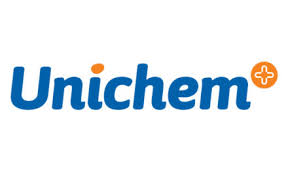An article published online on September 9, 2015 in the American Journal of Clinical Nutrition reveals the finding of French researchers of an association between vitamin D supplementation and a lower risk of developing invasive breast cancer among postmenopausal users of hormone replacement.
“In vitro and animal studies suggest that vitamin D has anticarcinogenic properties through regulation of cell proliferation, differentiation, apoptosis, and growth factor signaling in breast cells,” note authors Claire Cadeau and colleagues in their introduction to the article. “Vitamin D also inhibits the in vitro growth of estrogen-receptor positive (ER+) breast cancer cells through the attenuation of estrogen signaling and synthesis.”
The current study included 57,403 postmenopausal subjects in the E3N cohort who were between the ages of 40 to 65 years upon recruitment in 1990. Questionnaires completed every two to three years provided information concerning vitamin D intake, menopausal hormone therapy use and other factors.
From 1995 to 2008, 2,482 invasive breast cancers were diagnosed. Women who were currently supplementing with vitamin D had an 18% lower adjusted risk of developing breast cancer than those who had never supplemented with the vitamin. Further analysis revealed that current supplementation was associated with a lower risk of postmenopausal breast cancer only among those who had ever used hormone replacement therapy. The protective effect was stronger against tumors that were estrogen-receptor positive compared to those that were estrogen-receptor negative.
“In this observational study, current vitamin D supplementation—mostly taken daily and combined with calcium—was associated with decreased postmenopausal breast cancer risk in menopausal hormone replacement users,” the authors conclude.




